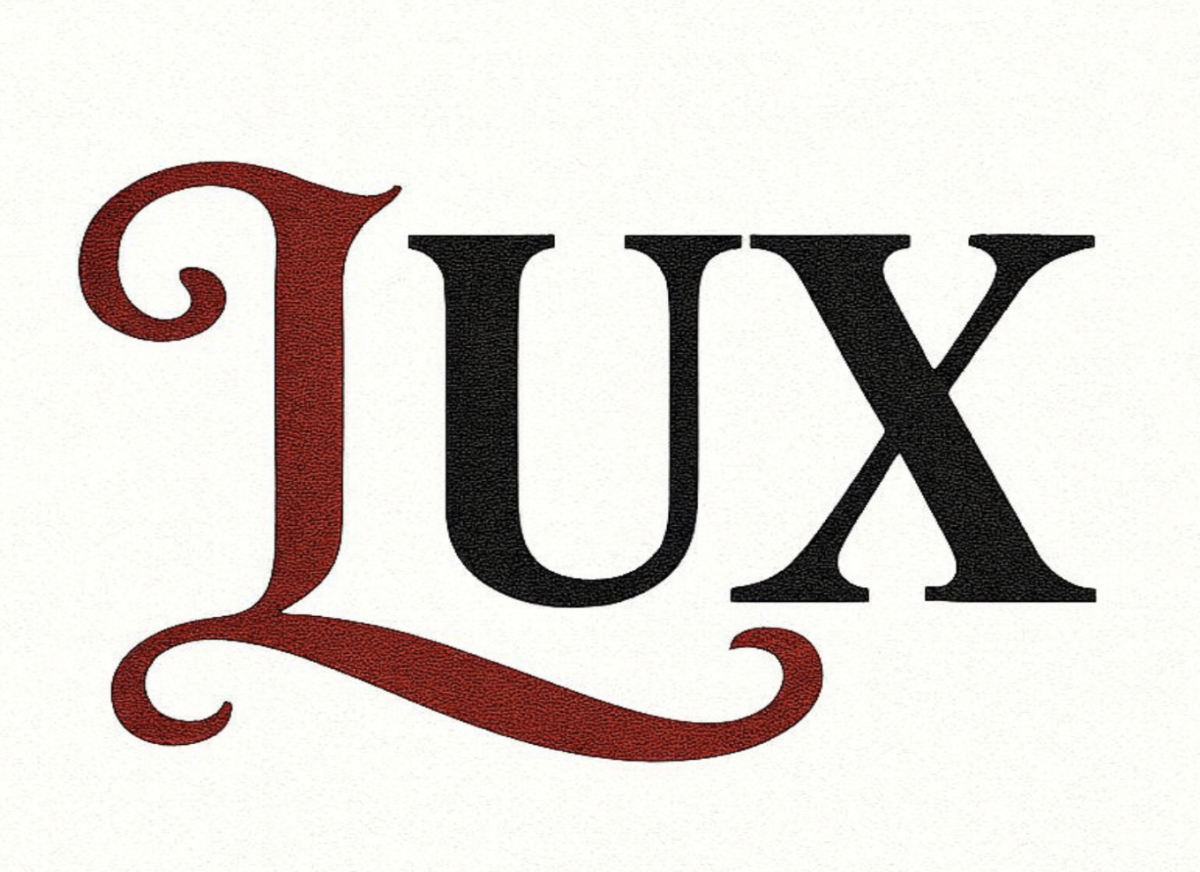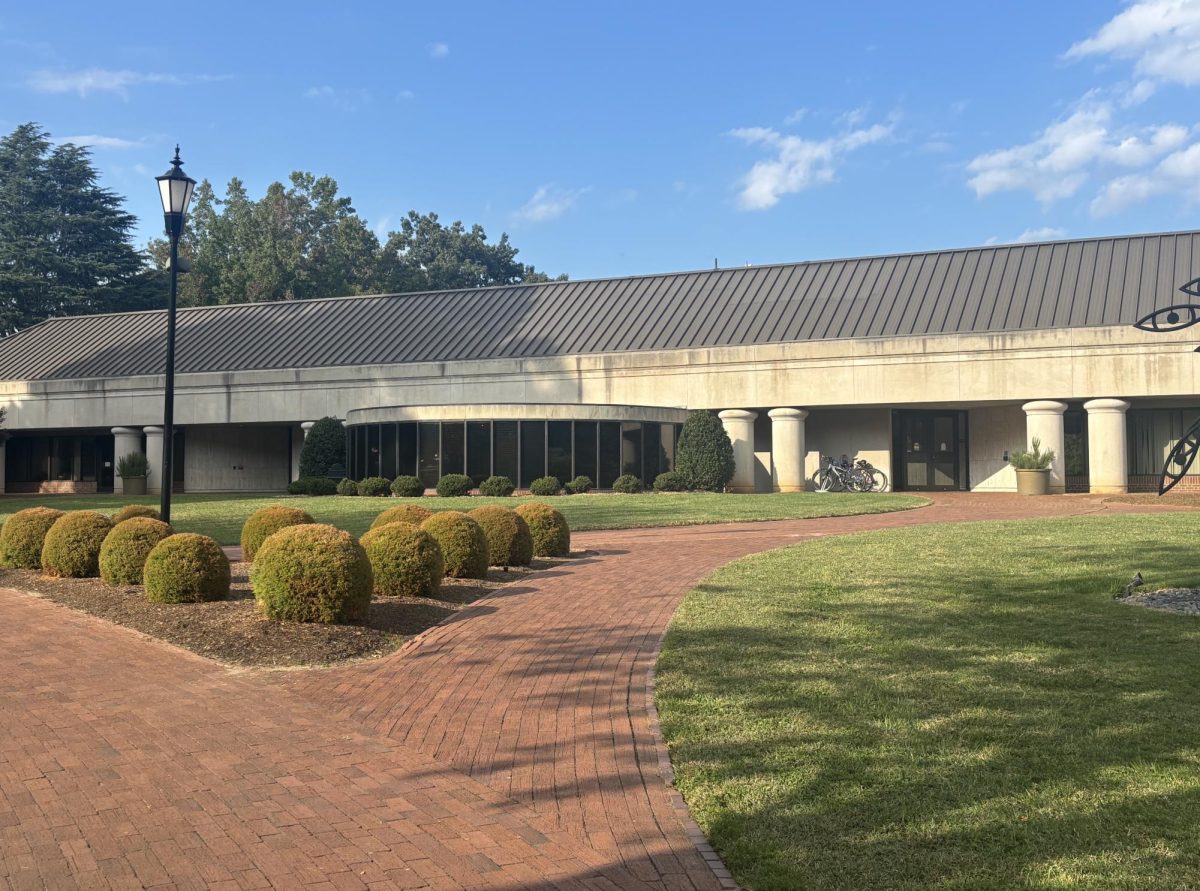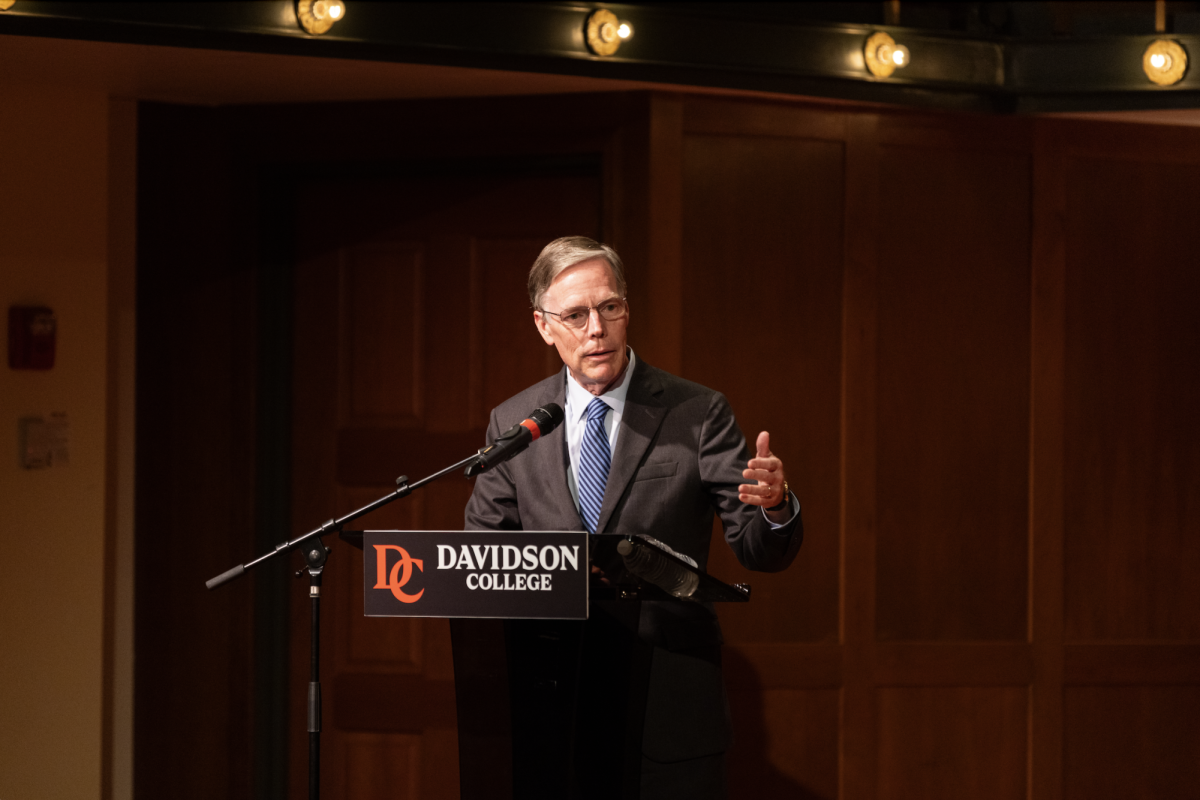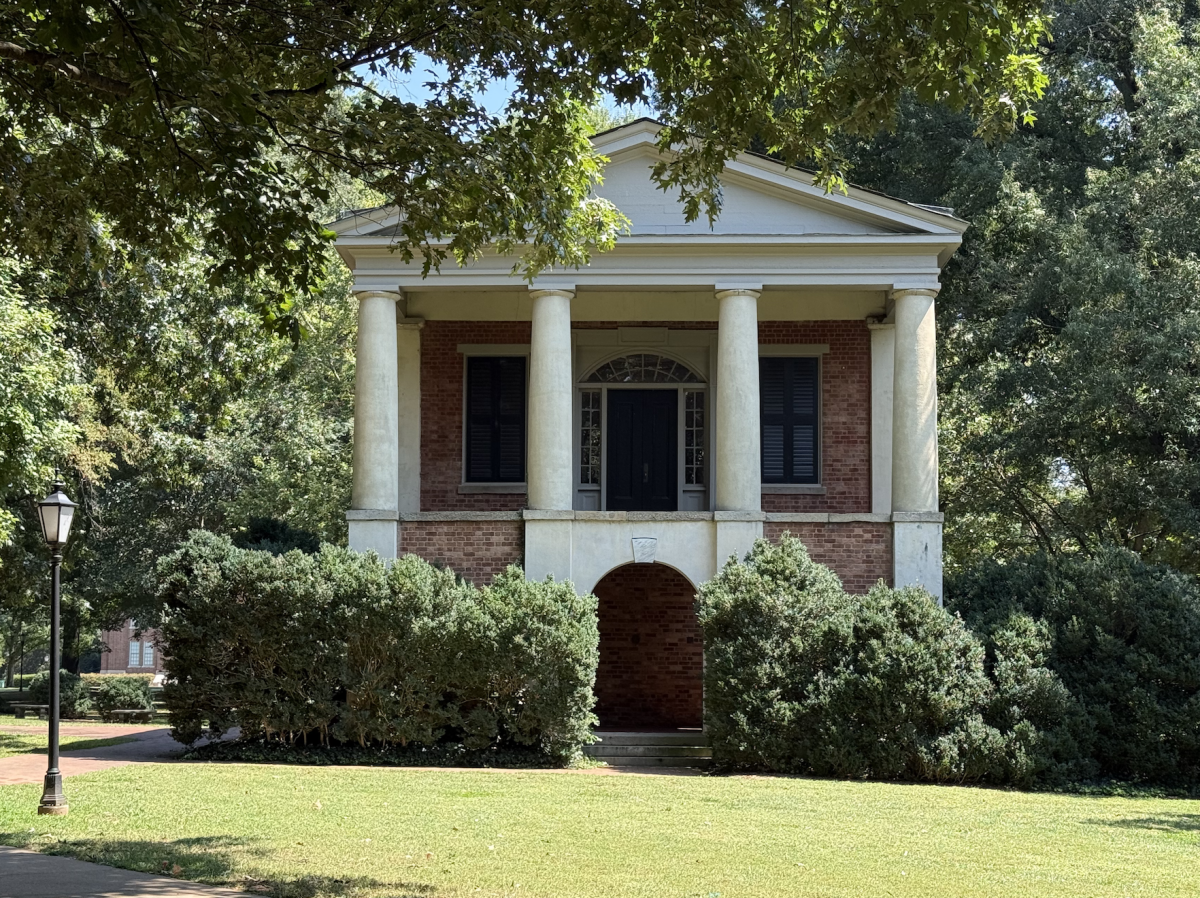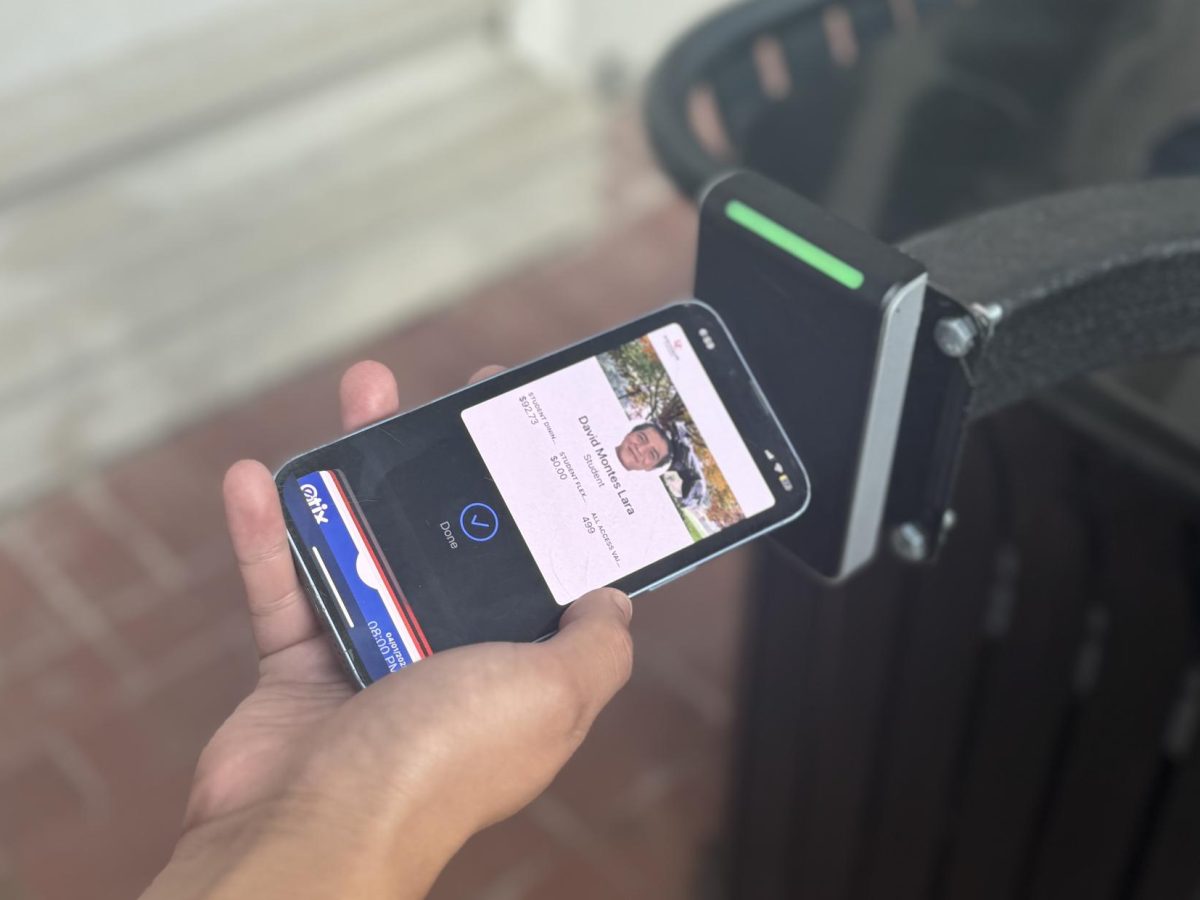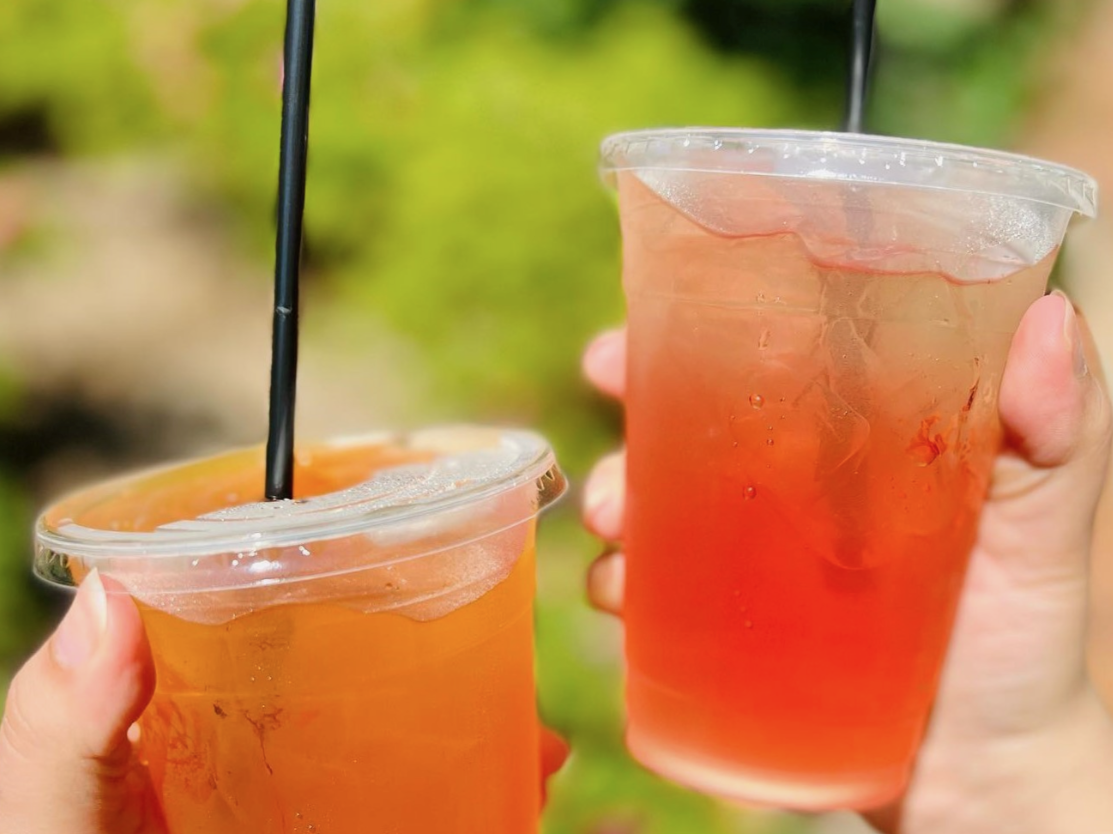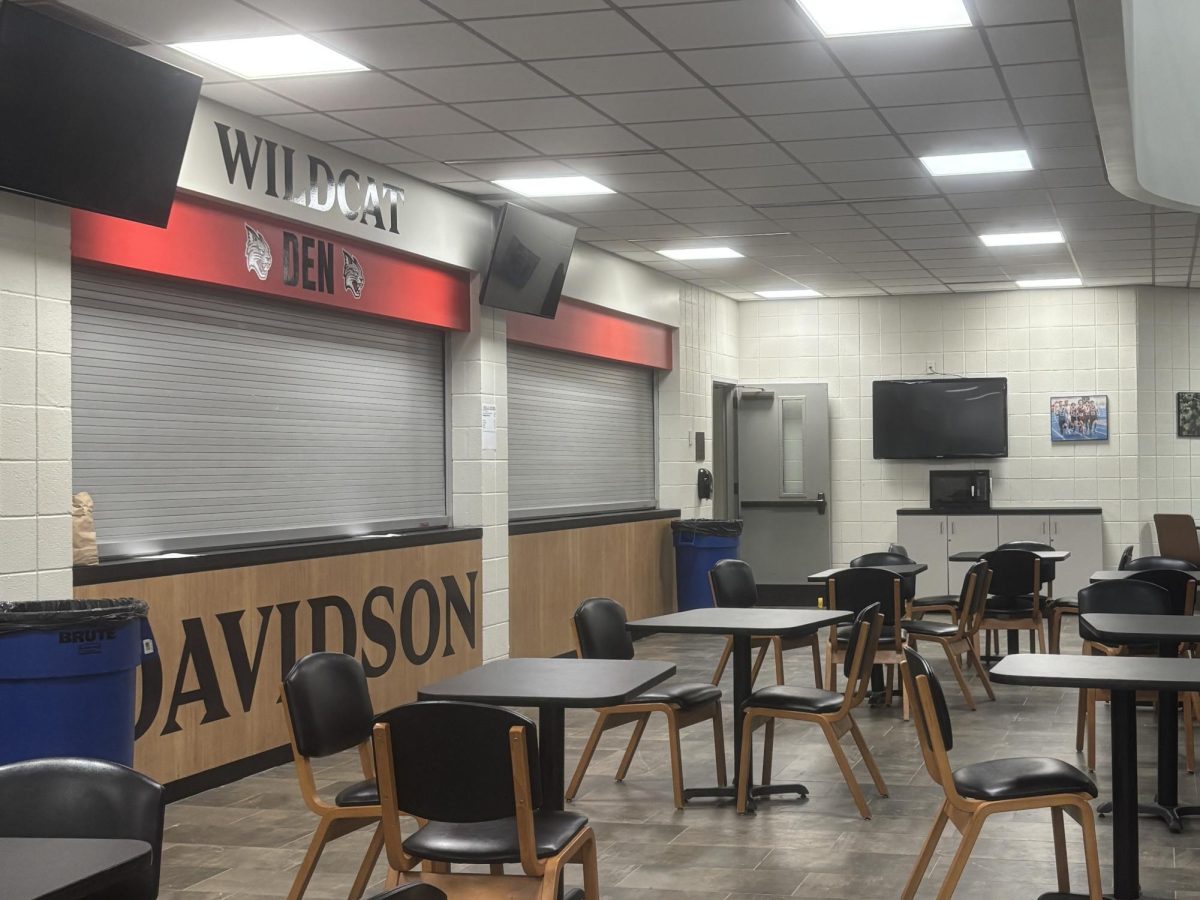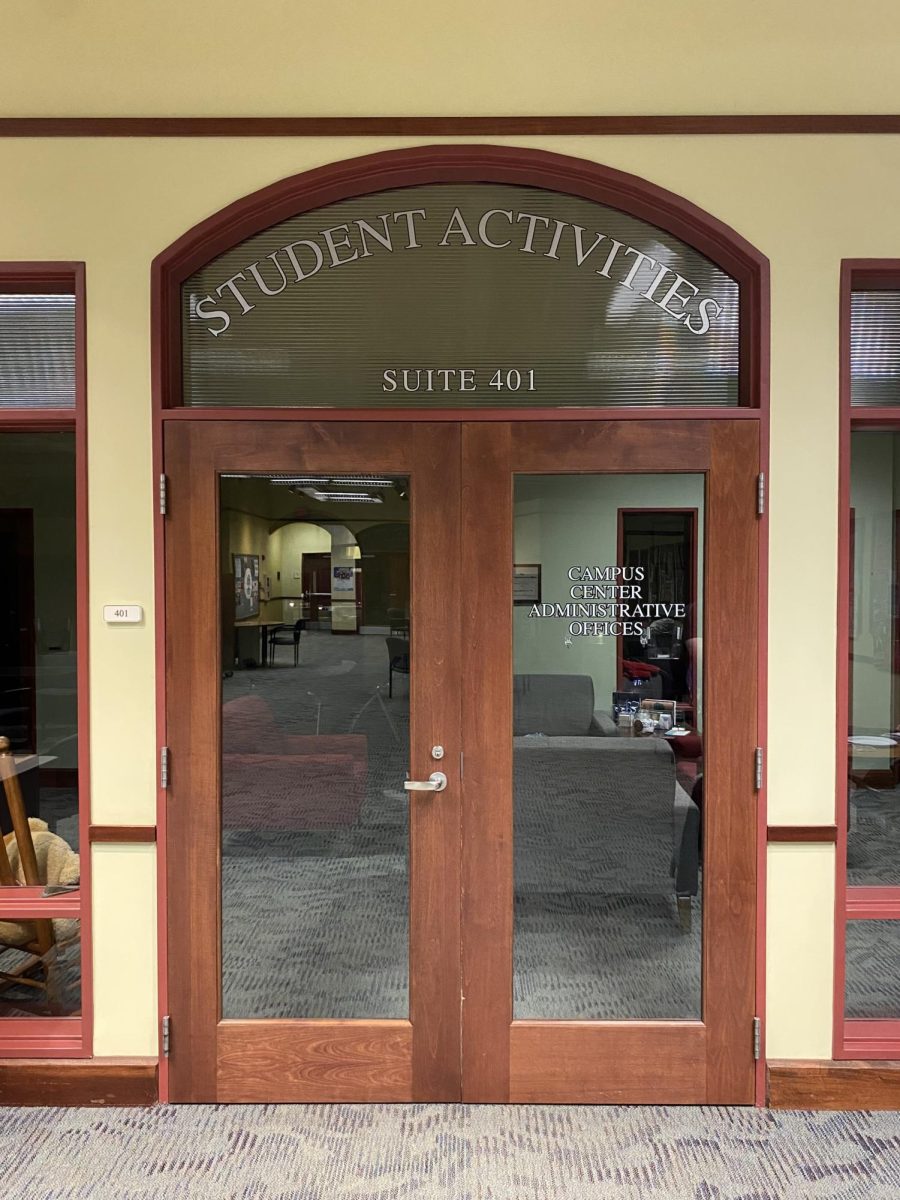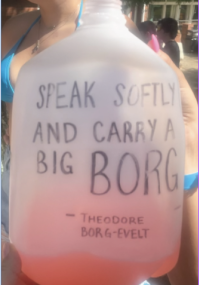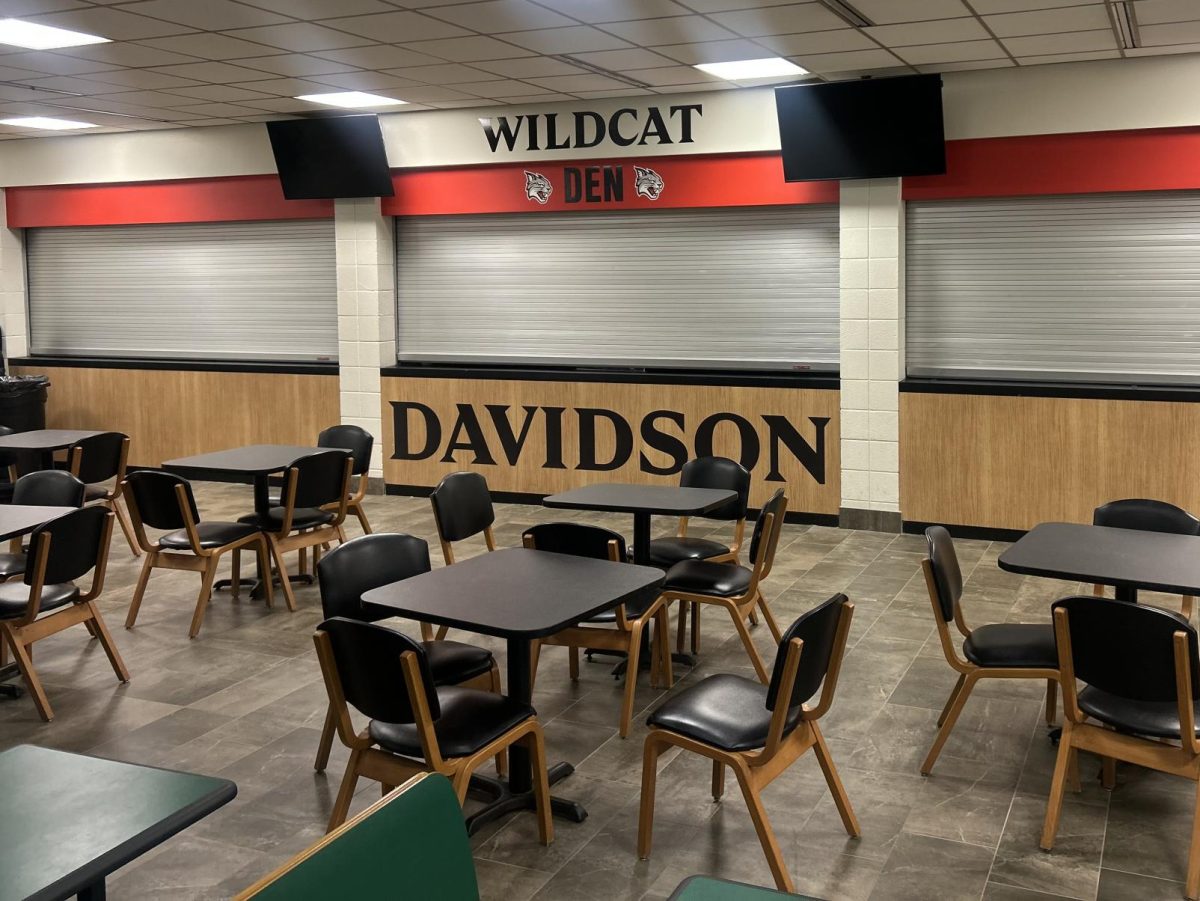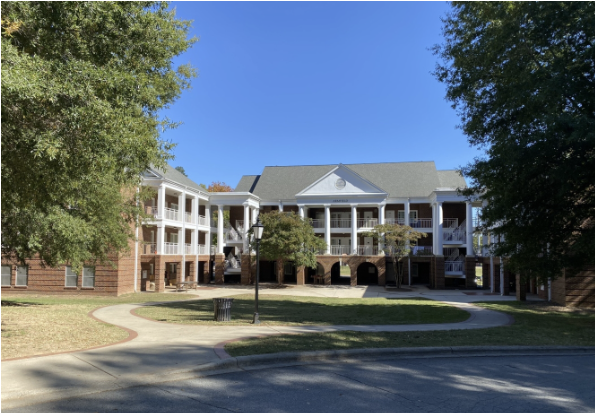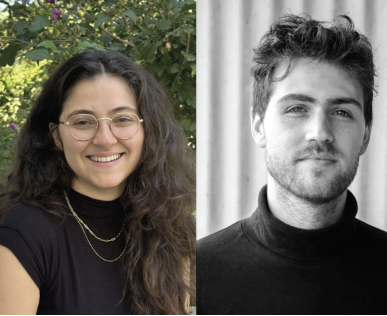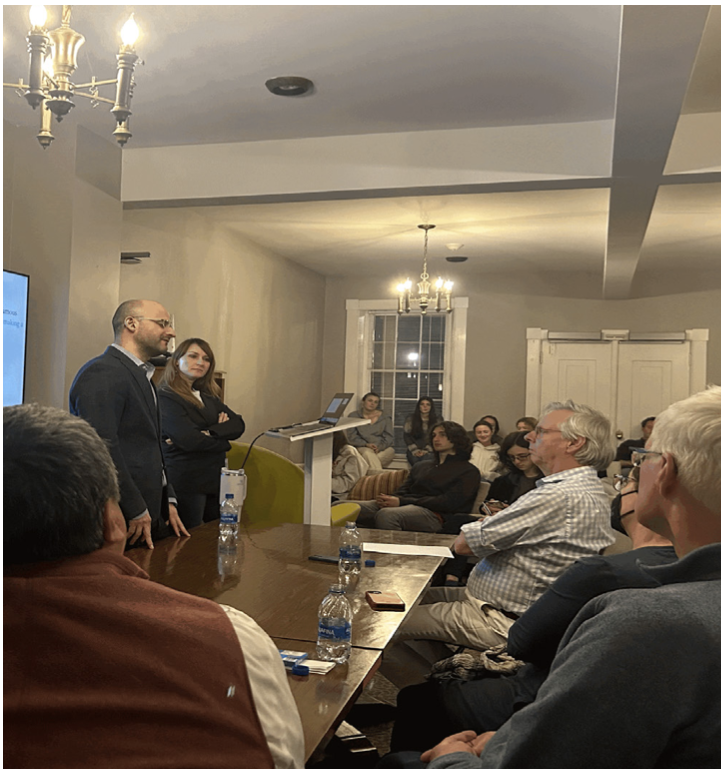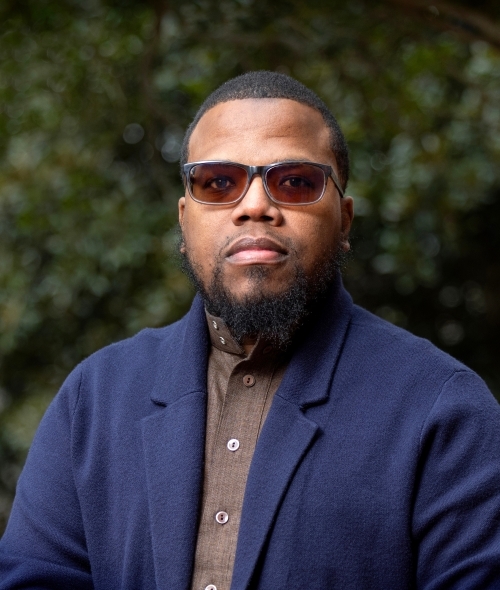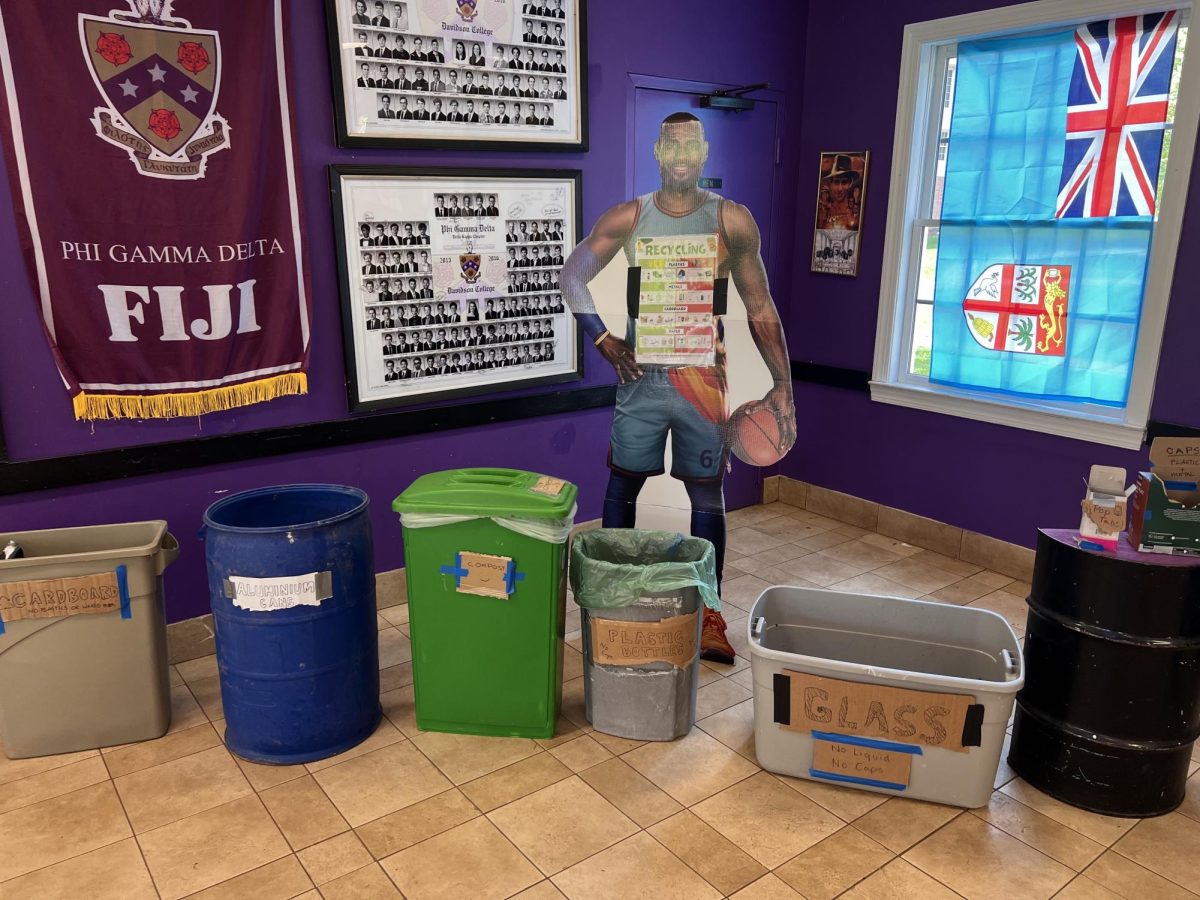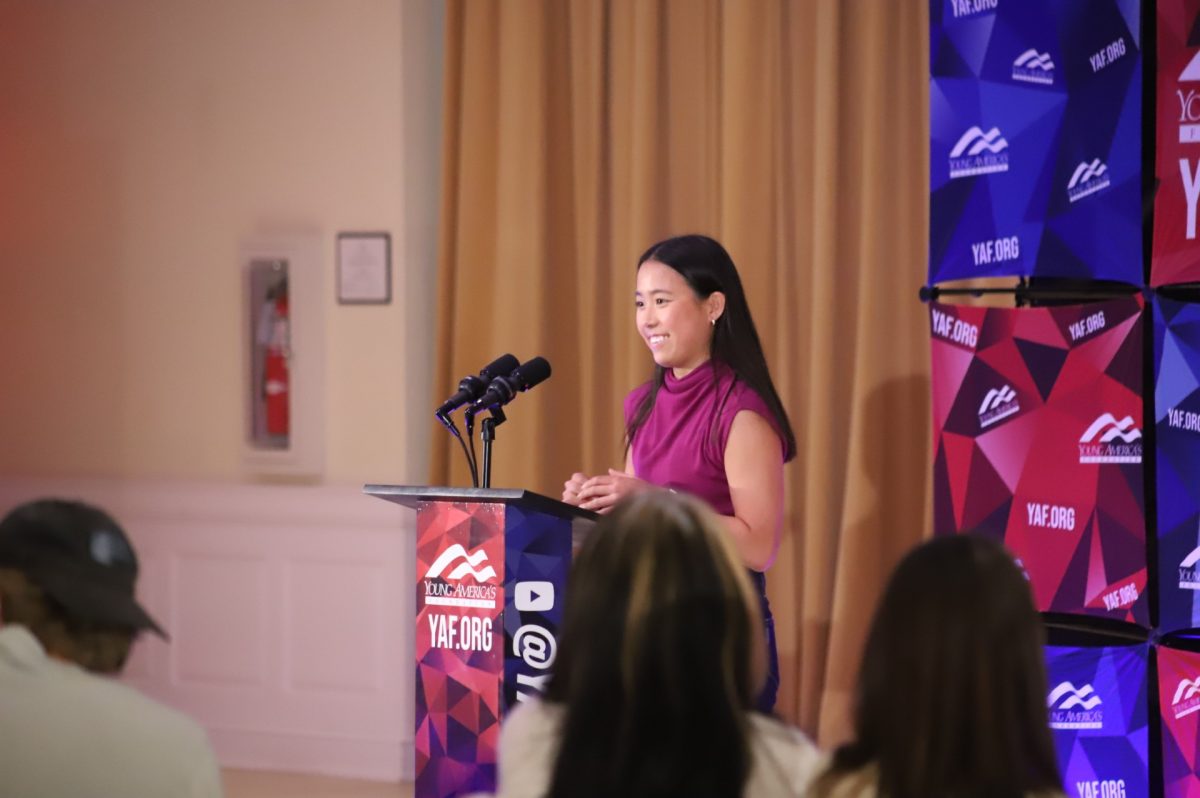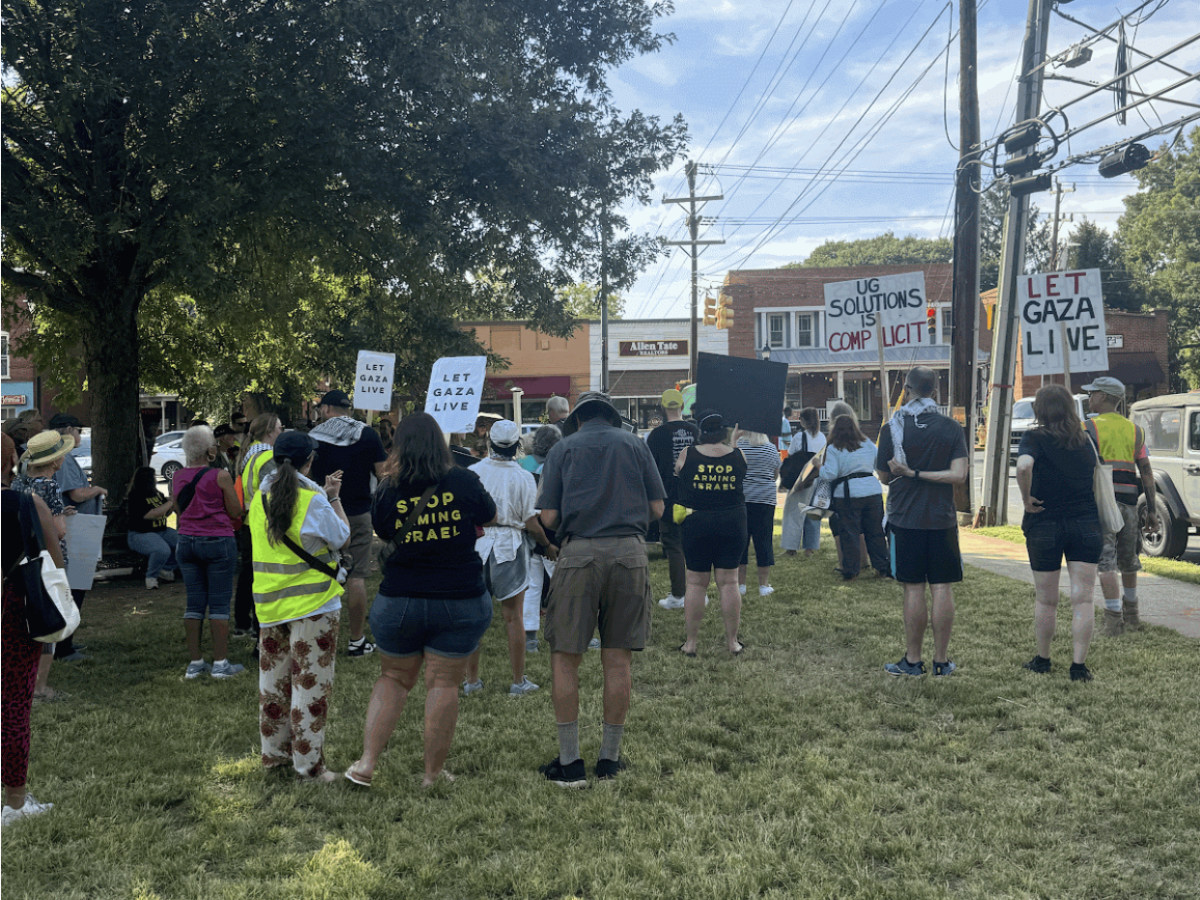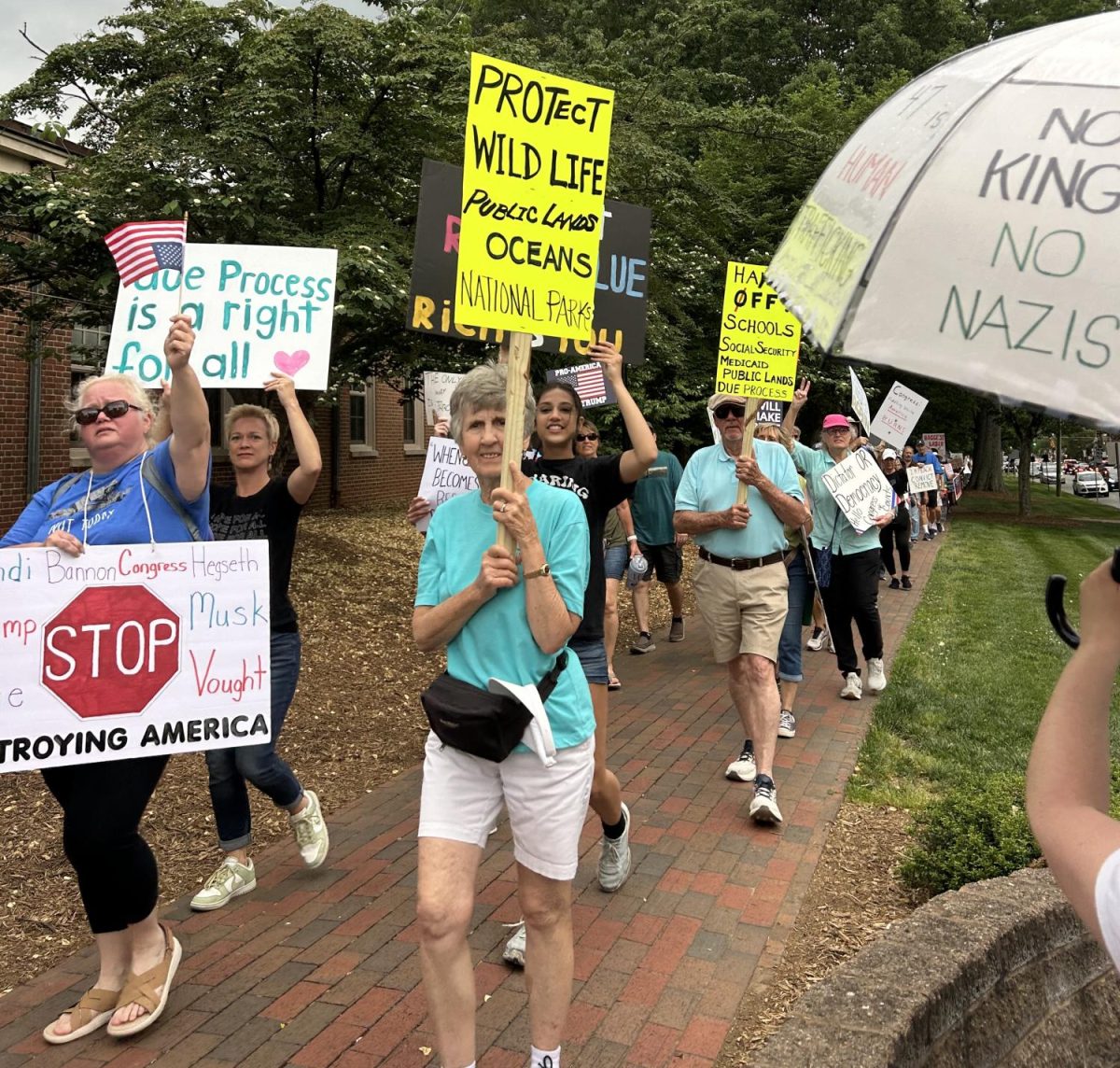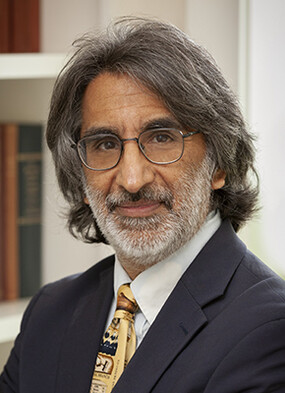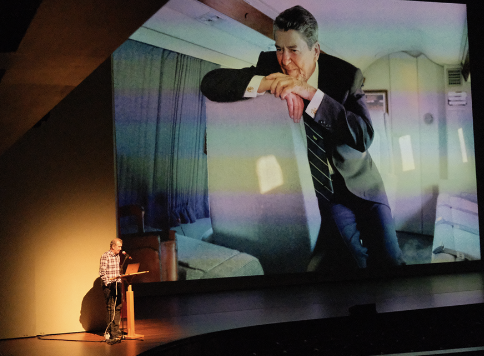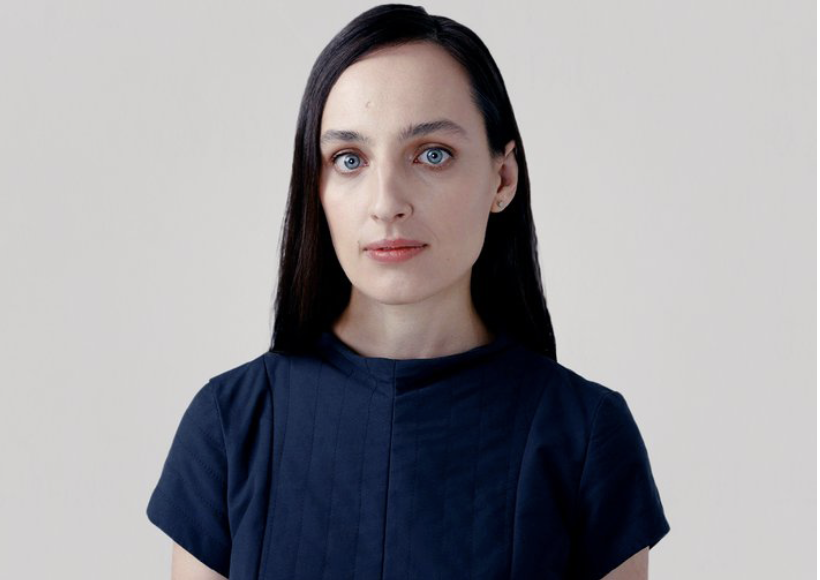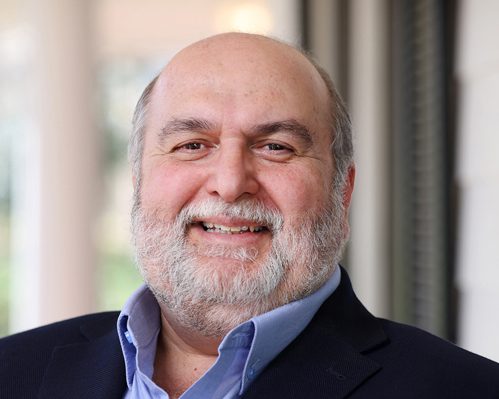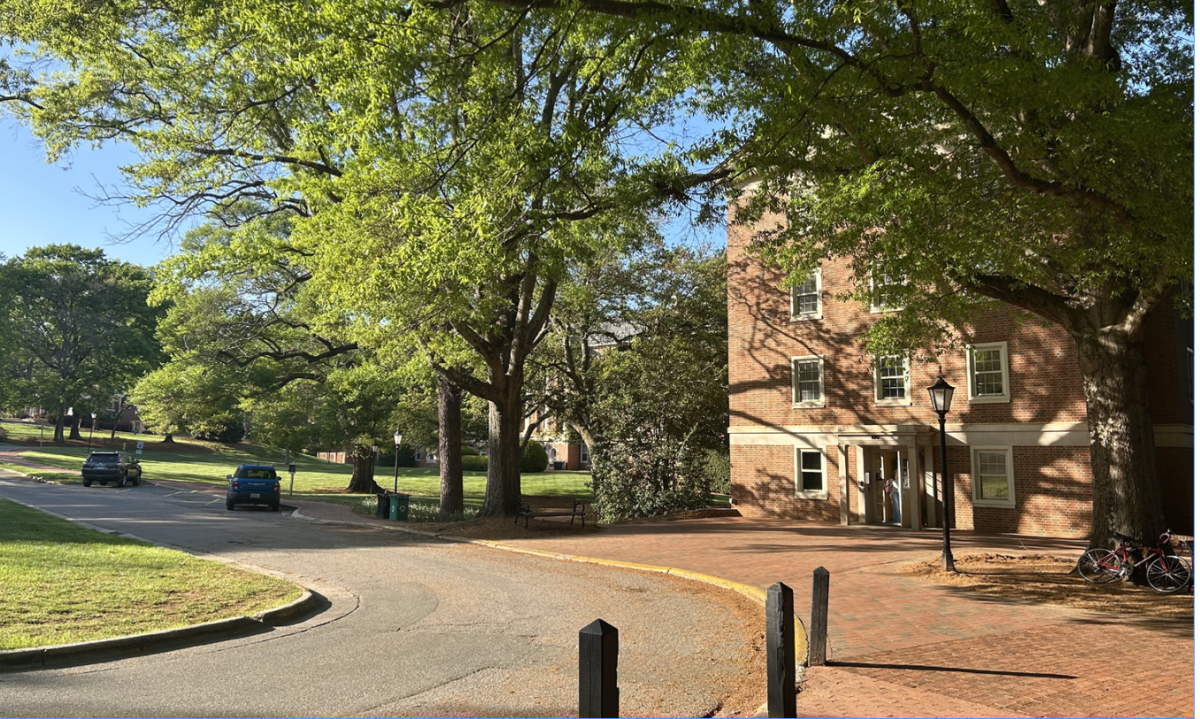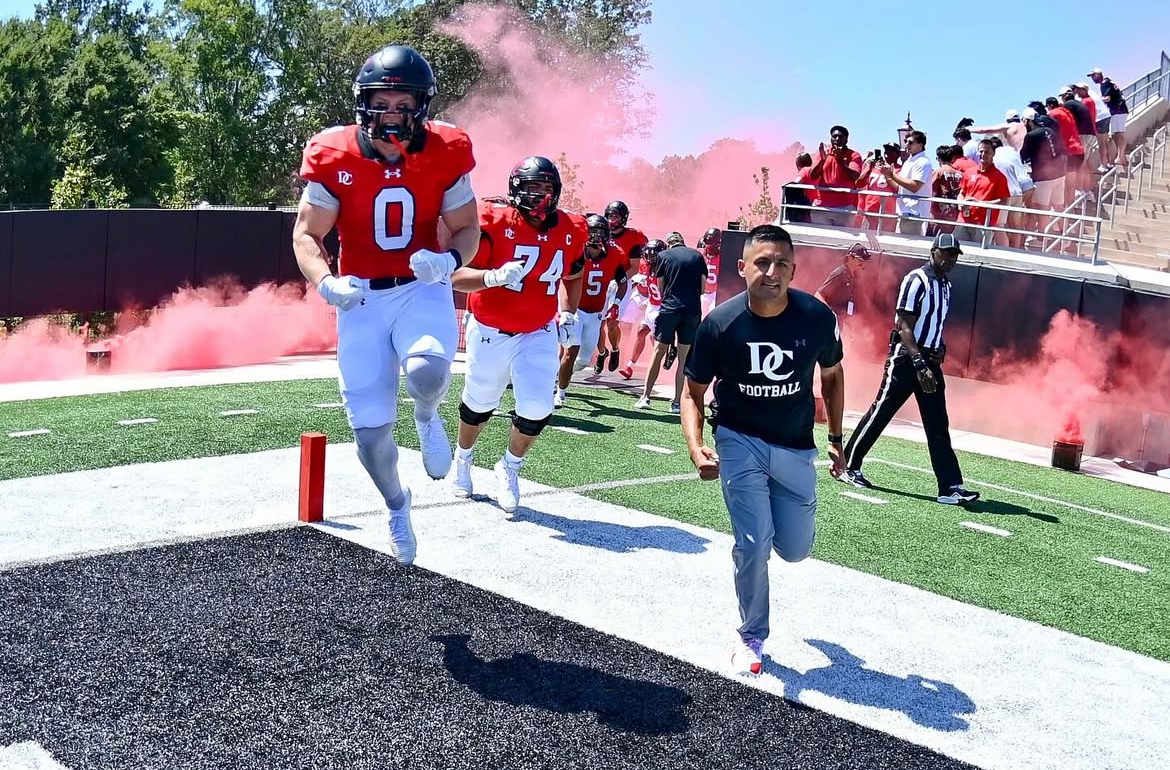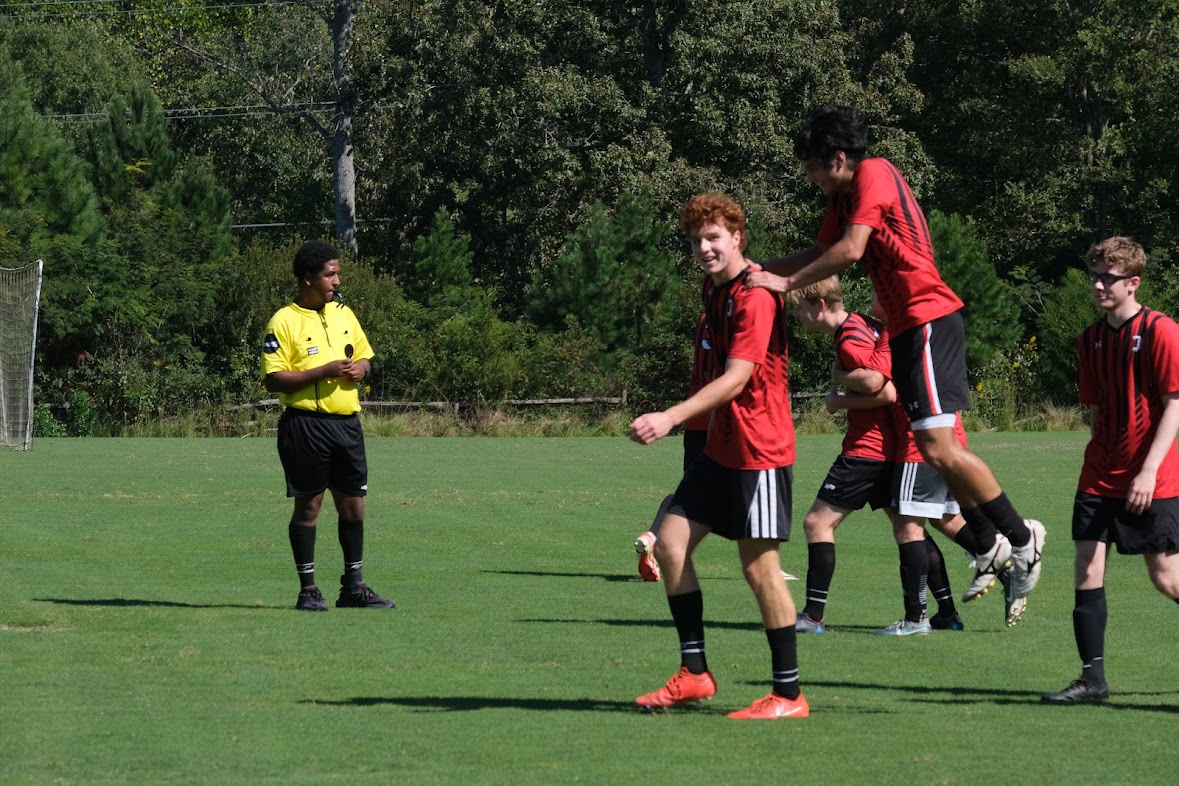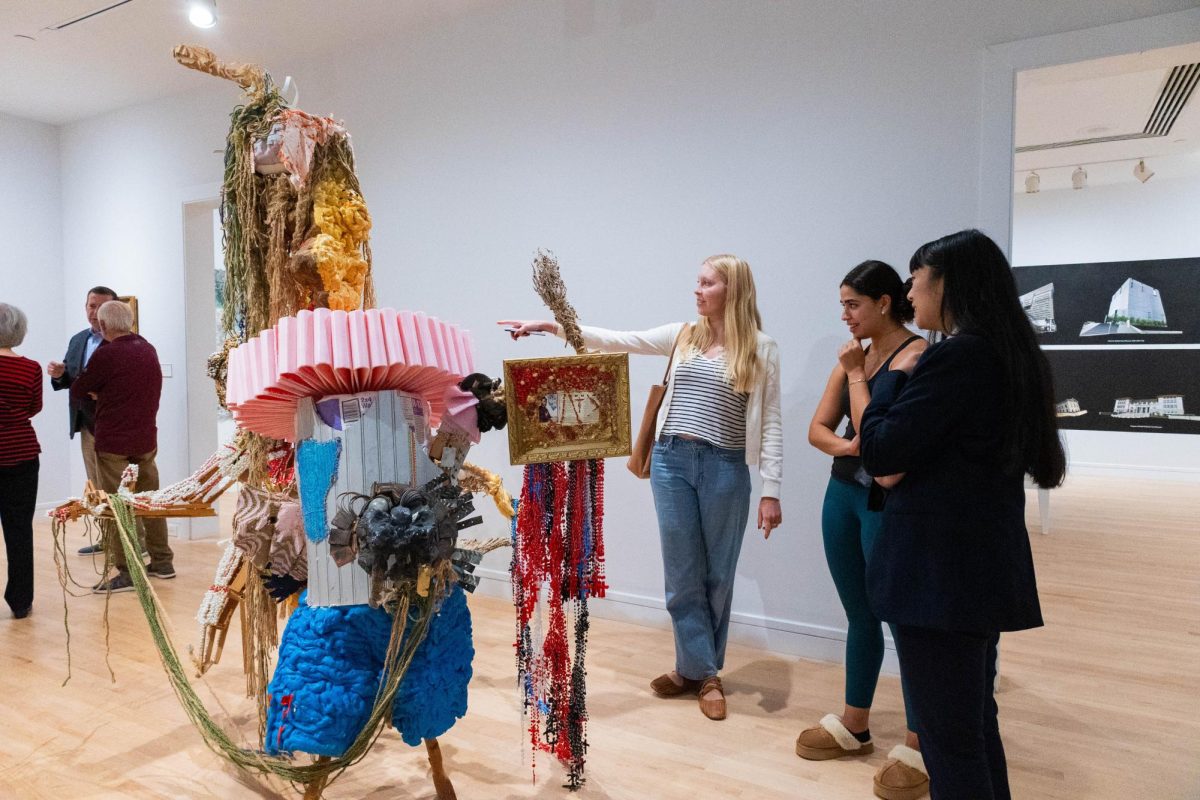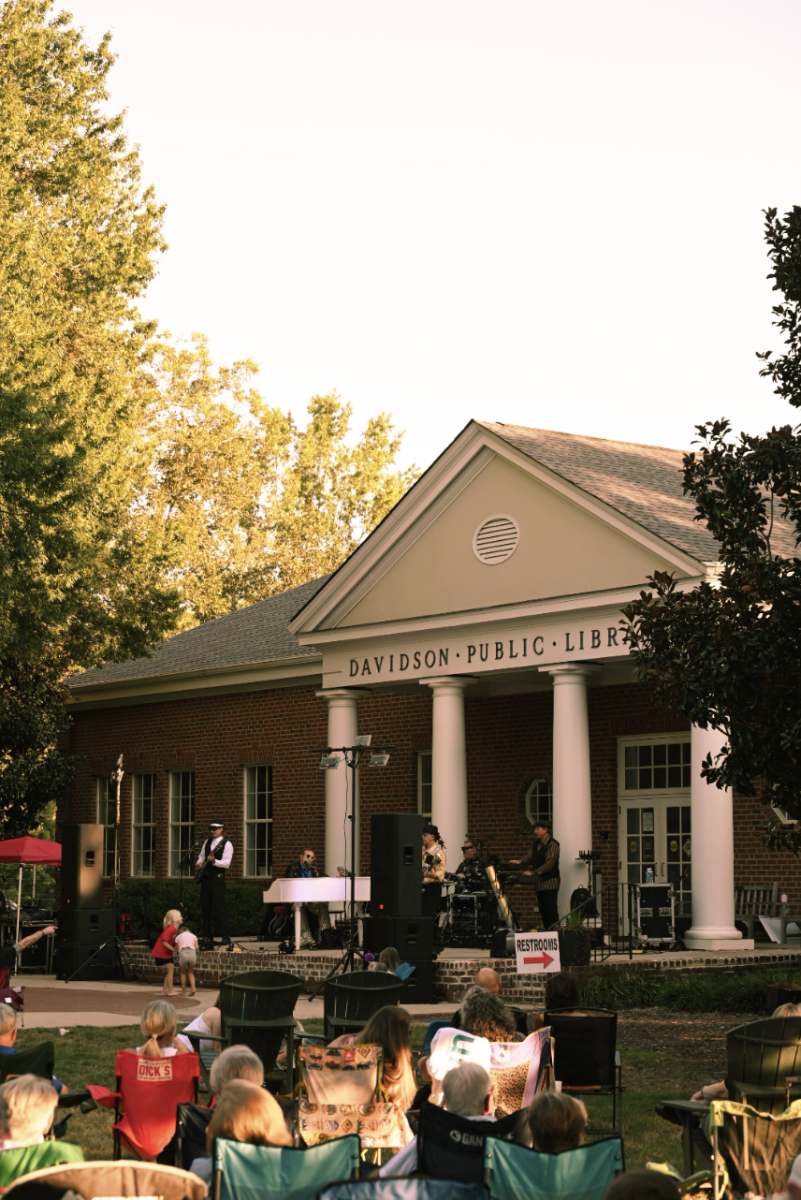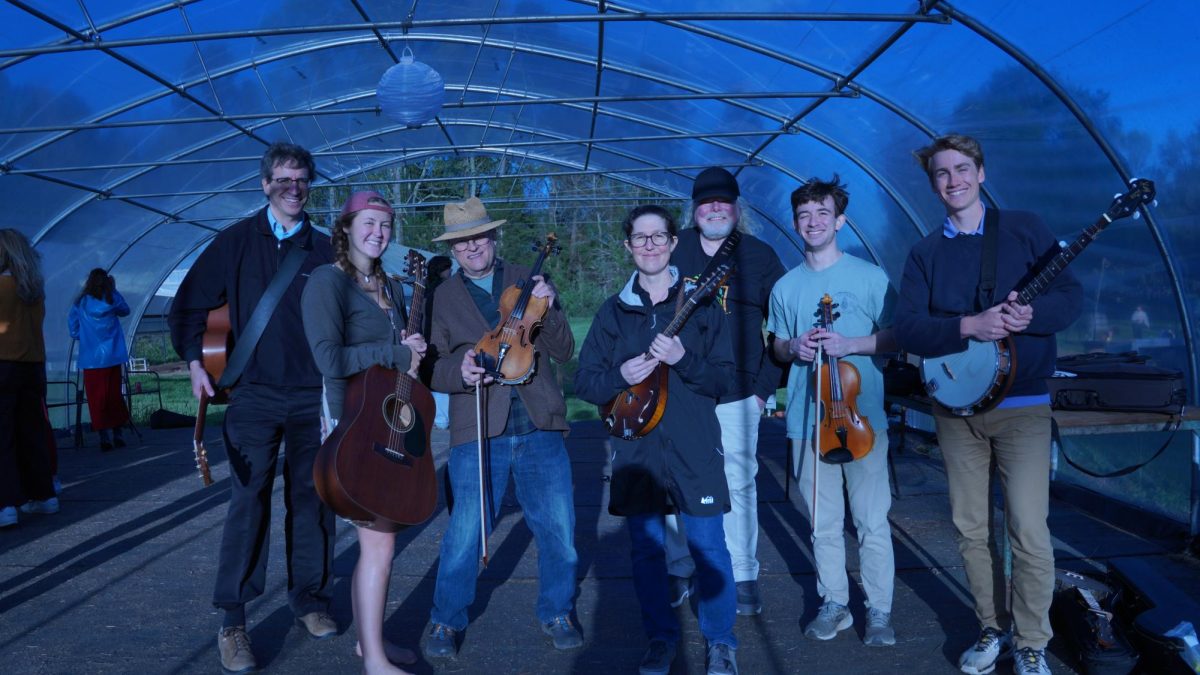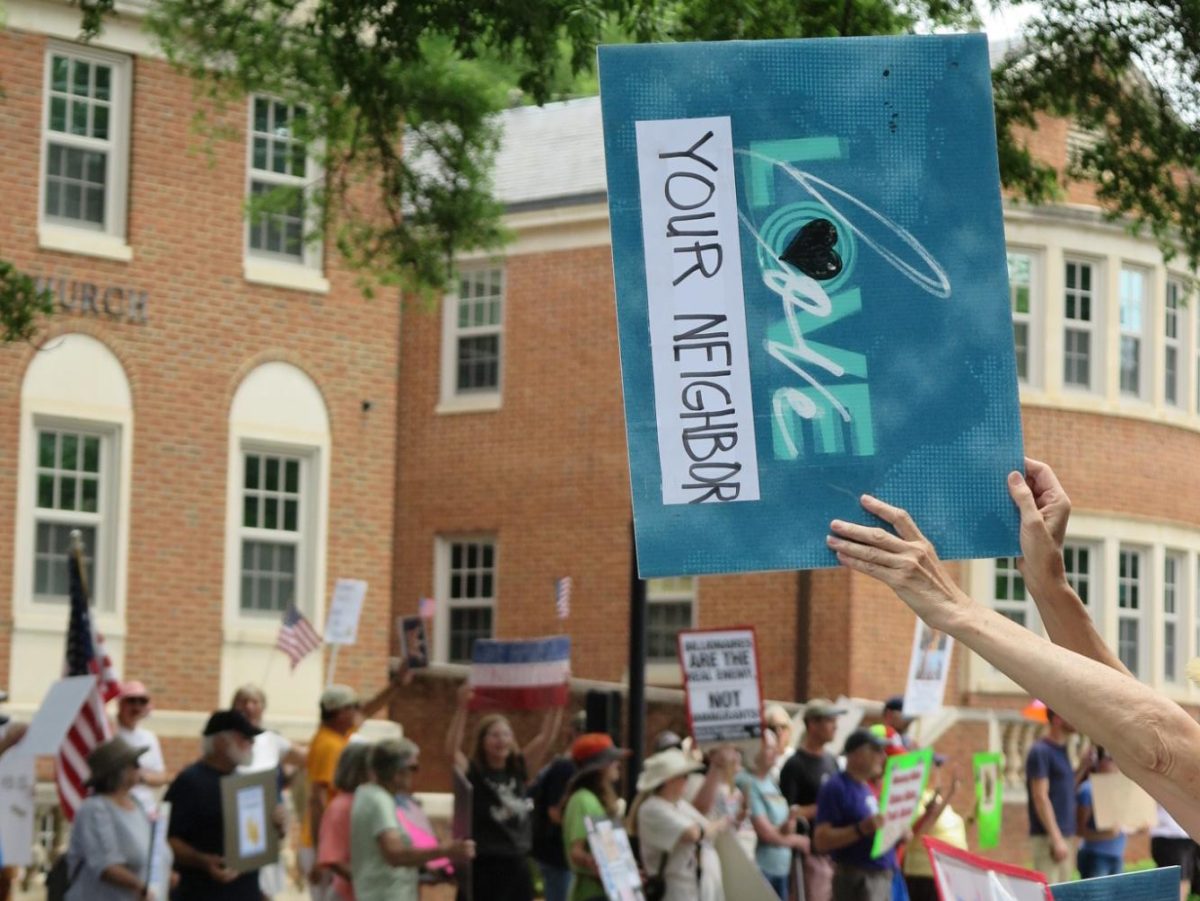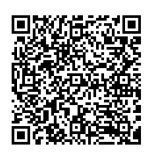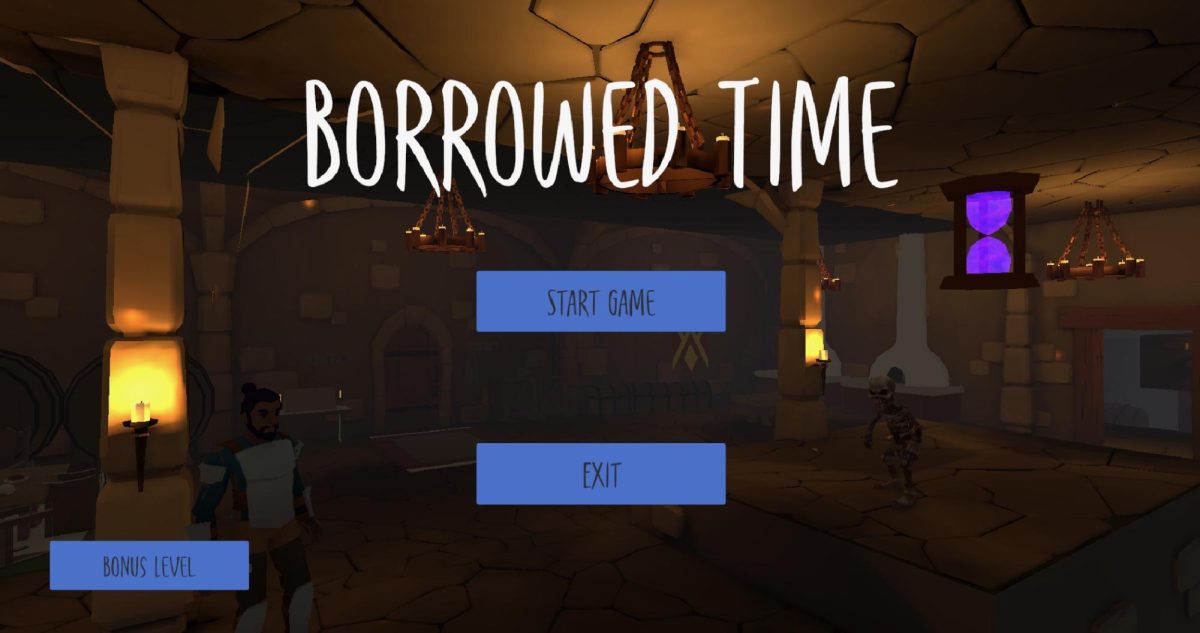From Jan. 31 to Feb. 2, 89 participants were glued to their seats in the Jay Hurt Hub for Innovation and Entrepreneurship. Students, alumni and guests from various institutions worked determinedly for over thirty-six hours to contribute to Davidson’s third annual hackathon, known as Hack@Davidson. “The participants this year are from all around the US […] it was a very diverse group [and] what they had in common was a passion for innovation, entrepreneurship and technology,” Hack@Davidson President Alp Niksarli ‘27 said.
Hack@Davidson took the form of a standard hackathon, which Niksarli described as “kind of like coding competitions or project development competitions.” Projects were built and then presented to a panel of judges. The panel contained a variety of Davidson community members, including many alumni in the tech industry. Participants were able to select a track to compete in, including AI, Games and Accessibility.
Alumni were also hugely involved in the sponsorship aspect of Hack@Davidson. “The prizes are […] not able to be [bought] through Davidson’s funding. So we had to reach out to sponsors and Davidson alumni,” Niksarli explained. Prizes included iPads, Nintendo Switches, a Playstation and much more, all fully funded through the support of alumni and other sponsors. Hack@Davidson’s Sponsorship Lead Gopesh Baheti ‘27 noted that alums were eager to help out and sponsor the hackathon. “No matter [who] we contacted […] they were very supportive. Some of them even flew from across the country to attend our event.” These sponsors included Chief Executive Officer of Stellar Brett Flinchum ‘87 and Chief Executive Officer of Preciscely Josh Rogers ‘95.
New to Hack@Davidson this year were partnerships with other Davidson clubs. “We partnered with a games club [Casual and Competitive Games Club (C&CG)]; they sponsored a PS5 as a prize,” Baheti said. DavidsonAI also contributed to the AI Track of the hackathon. “We had a lot of AI projects because of that, which use the open AI credits provided by the AI club,” Baheti elaborated.
Additionally, the Entrepreneurship Club sponsored the No-Code Track, which was an option to create a project that required no coding experience. The No-Code Track is just one example of the ways in which Hack@Davidson sought to promote inclusivity at their event. Murtaza Nikzad ‘27, Hack@Davidson’s marketing lead, described how participants came from “very different technical and non-technical backgrounds.”
Nikzad stressed the role that hackathons play in fostering students’ passions in the tech space. “[Hackathons] expose students to the kind of ideas and the kind of projects that people work on that they would definitely not get exposed to if they didn’t participate in this sort of activity.”
Inclusivity was a focus outside of just coding experience, with workshops being held to promote diversity within the tech community. Niksarli shared that they hosted a Women In Tech Workshop where “three women came into Davidson and shared their experiences for under-represented communities in technology.”
C&CG President Tom Roff ‘25, alongside Patrick Leary ‘25 and Paul Skok ‘25, worked together to create a winning game entitled “Borrowed Time.” “Our game is a rogue-lite platformer where players gamble through challenges to regain their soul,” Skok said.
The trio described the event as seamless, with information about the various tracks and rules being presented quickly, allowing for work to start right away. “We found a room and started working on [our game]. It was pretty easy, they planned it out really well,” Leary said. Fittingly, their group won the PS5 for their win in the category of Best Games Project.
Hack@Davidson plans to continue hosting its hackathon next year and preparations will soon begin. “We’ll probably have an organizing team starting from today to next month,” Niksarli said.
While it’s a long process of coordinating with sponsors, reaching out to faculty and students and organizing the physical space, Hack@Davidson has no intentions of slowing down. Niksarli spoke about his hopes of gaining attendees from varying backgrounds in the future by adding “a Biotech Track to encourage people from the biology department, or maybe a FinTech Track to encourage people from economics and finance backgrounds. […] We really want to make it more inclusive and get more people into the hackathon. This is always our goal.”

